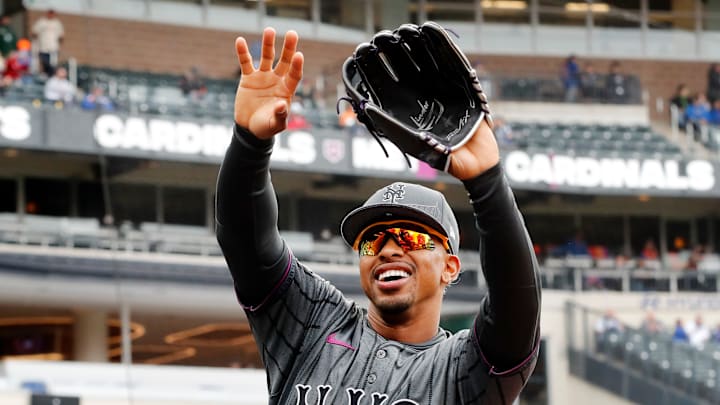2) Lindor's contract makes trading him completely impractical
You would think that saying Lindor is paid too much to be traded is precisely the reason he should be traded, but that's not how baseball works. Very few teams are willing to spend that kind of money on a single player, let alone acquire a contract like that in the middle of the season.
Kenny thinks that the Mets should trade Lindor because he's not worth the money, but he forgets a few things. First off, Steve Cohen doesn't need to save money. It sounds absurd to those of us that have mortgages to pay and kids to feed, but Cohen could probably find $341 million in his couch cushions. It's gross, but it doesn't make it any less true.
Secondly, let's say that the Mets could find someone to trade for Lindor. The deal would almost certainly play out in much the same way that last year's Max Scherzer and Justin Verlander trades did, where the Mets paid the bulk of both aging pitchers' salaries in order to get something of value in return. If that's the case, you're giving up an All-Star caliber player for what, a prospect or two? And you'd still have to pay at least a large chunk of the money owed to him.
We've seen multiple star players each of the last few offseasons remain unsigned all the way through the spring, and when they do finally sign, it's for much less than they were looking for. That's because most teams, with few exceptions, are willing to hand out such lavish contracts anymore, and honestly, it's for good reason. Most exorbitant long-term deals haven't looked so great in hindsight. Would the Mets give Lindor that kind of money if they could do it over? Probably not. But what's done is done, and trading Lindor away now would be trying to turn two wrongs into a right. He may not be worth over $250 million, but he's worth a heck of a lot more than whatever the Mets would get in return.
